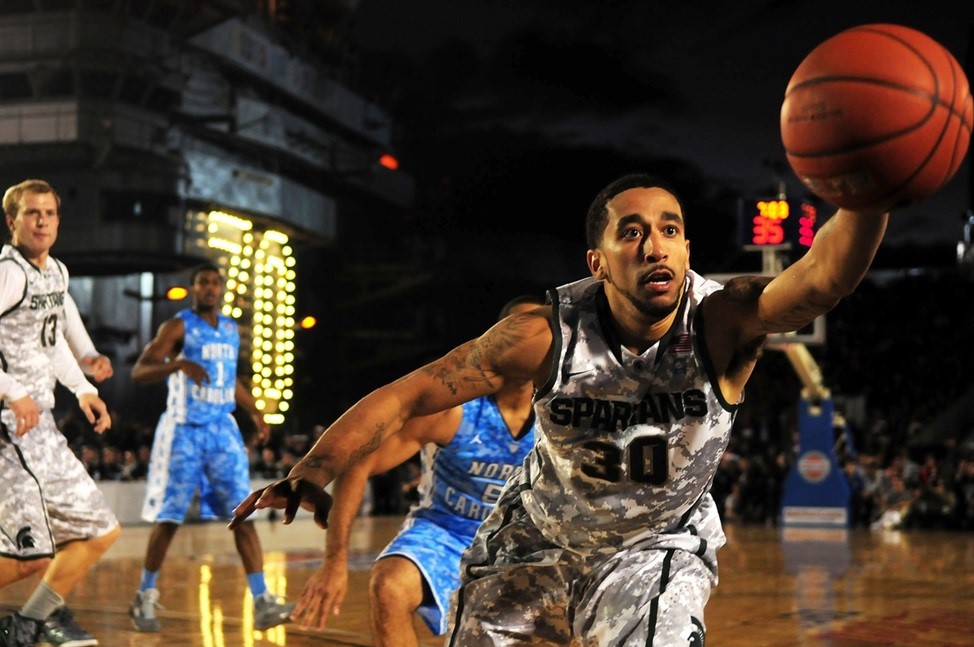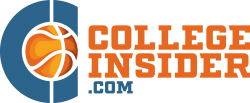Betting on College Basketball Post-NIL

The question of whether college athletes should be paid or not has frequently hit the headlines in recent years and for good reasons. Many fans argue that athletes will end up focusing on the money aspect and not the game itself, while others believe the physically demanding nature of sports deserves financial compensation.
The NCAA responded to this debate by implementing the name, image, and likeness rules in June 2021, college athletes to make money through their brands. However, the inclusion of college athletes under 18 years in professional sports has created a regulation quagmire impasse resulted in multiple lawsuits in recent years.
Recently, a former LSU wide receiver got arrested on allegations of underage sports betting. This came after several criminal charges were brought against seven Iowa State players last summer. These Iowa cases involved athletes who placed bets on NCAA-sanctioned games and ended up losing significant athletic eligibility.
These stories are increasingly becoming common in the NCAA as sports betting is continually growing into college sports. For instance, NCAA boss Charlie Baker reported the league found 175 infractions on its sports gambling policy from 2018-2023.
So, what does the college basketball betting market look like following the implementation of NIL regulations in the NCAA? Here’s what you need to know about college basketball betting post-NIL before researching your best NCAA basketball tips for next season.
The state of college basketball (NCAA) betting
Three factors seem to be contributing to the rise of college basketball betting and the corresponding risks related to college athletics and players under 18 years old. These factors include access, advertising, and normalization.
College basketball betting markets are readily available since you only need to download a betting app or open your mobile browser and you can place bets within minutes. In advertising, sports gambling operators have almost doubled their marketing expenditure from about $1 billion in 2021 to almost $2 in 2023. That’s because sports betting adverts constantly remind fans of sports betting opportunities.
Besides advertisements, several states including Illinois and New Jersey have started regulating the sports betting market with a focus on the target age group and limiting the type of ads that a company can run. This cultural entrenchment has contributed to the growth of legal sports betting in the NCAA. However, betting on college basketball comes with a mixed bag of regulations and prohibitions in states that allow it.
An important distinction among US states is whether basketball betting is permitted in inter-state college teams. For instance, states like Delaware and Illinois prohibit basketball gambling on inter-state college games. This type of sports betting prohibition reduces the risk by limiting the fixtures available to student-athletes for gambling, and matches featuring the student-athlete’s school.
Meanwhile, prop bets might have unique risks in college basketball betting. These bets involve wagering on player-specific stats throughout the match such as rebounds, points, or assists.. The elements of prop bets are often controlled by an individual player, which increases the risk and such a player can be coerced or tempted to influence his/ her performance.
Reducing the risk
To mitigate the risk of coercion and maintain the sport’s integrity when betting, the NCAA recently announced a plan advocating for changes in state sports betting regulations changes would help address problem gambling issues in the league, protecting student-athletes from harassment and coercions to maintain the integrity of college basketball.
Here are some appropriate steps that the relevant stakeholders can take to mitigate the risks involved in college basketball betting post-NIL:
- States allowing mobile sports gambling can uniformly increase the age limit to 21.
- States should consider other regulatory measures limiting the ability of collegiate basketball players to engage in sports gambling.
- Regulatory authorities should also implement NCAA recommendations like penalties for anybody who coerces or harasses a college basketball player in connection to betting.


